Do you know how these controllable risk factors affect your risk of heart disease, stroke and metabolic syndrome?
- smoking
- high blood pressure
- high blood cholesterol
- diabetes
- being overweight or obese
- physical inactivity
It's essential that everyone understands their risk of heart disease and make a plan for how to prevent it. The above risk factors can greatly increase the chances of developing cardiovascular disease, including heart attack, stroke and diabetes. A family history of heart disease also increases your risk.
Cardiovascular Medical Group provides high quality, state-of-the-art, comprehensive cardiovascular care in a compassionate and service-oriented environment. The physicians who are part of our group practice are all board-certified and board-eligible cardiologists who specialize in the prevention, diagnosis and treatment of cardiovascular disease.
The key to preventing cardiovascular disease, also called coronary artery disease (CAD), is managing your risk factors, such as high blood pressure, high total cholesterol or high blood glucose. But how do you know which risk factors you have? The best way to find out is through screening tests during regular doctor visits.
"Regular cardiovascular screening is important because it helps you detect risk factors in their earliest stages,” said Barry A. Franklin, Ph.D., director at William Beaumont Hospital in Royal Oak, Mich., and an American Heart Association volunteer. “This way, you can treat the risk factor with lifestyle changes and pharmacotherapies, if appropriate, before it ultimately leads to the development of cardiovascular disease.”
Few of us have ideal risk levels on all screening tests. However, if you do have test results that are less than ideal, it doesn’t mean you’re destined to develop a serious cardiovascular disease. On the contrary, it means you’re in position to begin changing your health in a positive way.
“For many patients, screening results can serve as a wake-up call,” Franklin said. “Higher than optimal cholesterol or body mass index, for example, may drive home the message that it’s time to modify your diet and get more physical activity. When the test comes back and you see abnormal numbers, it becomes personal. Suddenly, the idea of making lifestyle changes isn’t just a recommendation in a pamphlet. It’s something that can impact your life and health.”
Most regular cardiovascular screening tests should begin at age 20. The frequency of follow up will depend on your level of risk.
You will probably require additional and more frequent testing if you’ve been diagnosed with a cardiovascular condition such as heart failure or atrial fibrillation, or if you have a history of heart attack, stroke or other cardiovascular events. Learn more about these more specific tests at the American Heart Association’s Cardiovascular Conditions website. Even if you haven’t been diagnosed with a condition, your doctor may want more stringent screening if you already have risk factors or a family history of cardiovascular disease.
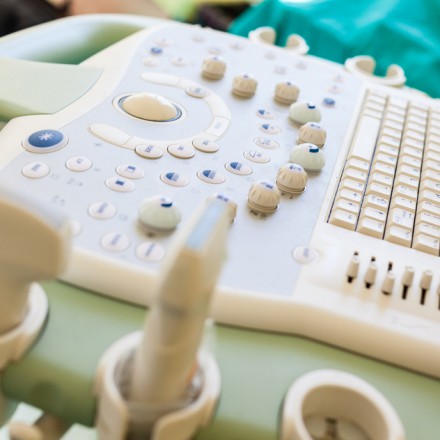
Cardiac Ultrasound (Echocardiography)
Echocardiography is also called an echo test. This test generates moving pictures of the heart using sound waves. An Echocardiogram helps evaluate various problems with the heart and its function. It gives information about the...
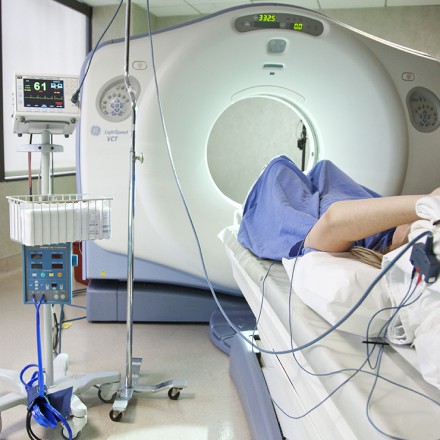
Cardiac CT
The Cardiovascular Medical Group of Southern California has pioneered the introduction of revolutionary CT imaging technology in an outpatient setting. Our state-of-the-art 64-slice CT imaging system from GE Healthcare, the Light Speed VCT, offers a significant new way to perform diagnostic studies, including imaging the coronary arteries (CT angiography), without the need for invasive procedures or hospitalization.
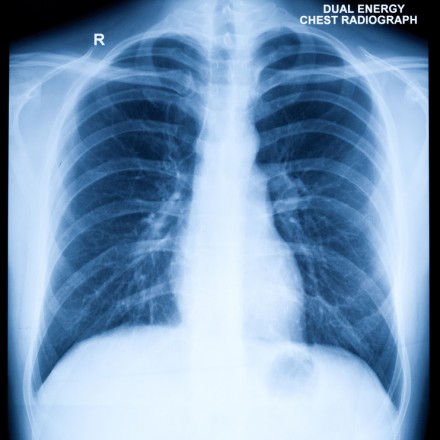
Chest X-Ray
Diagnosing Heart Disease With a Chest X-Ray A chest X-ray (also called chest film) uses a very small amount of radiation to produce an image of the heart, lungs, and chest bones on film. A...
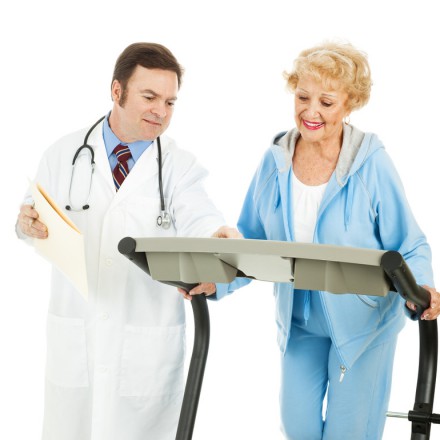
Exercise Stress
An exercise treadmill stress test helps determine how well the heart responds to the increase in workload caused by exercise. Exercise treadmill stress tests can help: -Diagnose coronary artery disease (obstruction of the blood vessels that supply oxygen to the heart) -Determine whether symptoms such as chest pain, shortness of breath or nausea are related to a heart problem -Evaluate the risk of suffering a heart attack -See if there has been an improvement in cardiac function after cardiac procedures -Help determine a suitable exercise program -Once on the treadmill, as the level of exercise gets more intense, the body requires more oxygen and the heart has to pump more blood. As the heart pumps more strongly, the heart muscle also needs more oxygen

Electrophysiology
The pacemaker clinic at CVMG follows nearly 4000 patients. Ongoing monitoring is an essential part of the care of patients with a pacemaker or a defibrillator.
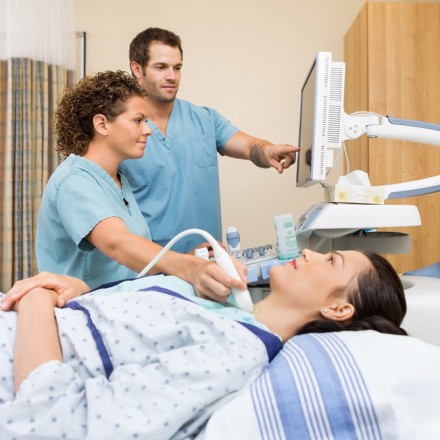
Vascular Ultrasound
A vascular ultrasound is a noninvasive ultrasound method (also called a duplex study) used to examine the circulation in the blood vessels of the body. Vascular ultrasound can be used to evaluate arteries or veins in nearly any part of the body, including blood vessels in the neck, abdomen, arms and legs. Non- invasive means the procedure does not require the use of needles or anesthesia. Unlike other imaging tests, ultrasound does not require radiation or contrast dye.
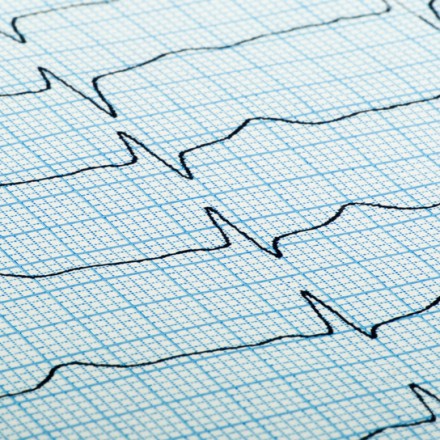
ECG
An electrocardiogram, also called an EKG or ECG, is a simple test that detects and records the electrical activity of the heart. Many heart problems change the electrical signature of the heart in distinct ways. EKG recordings of this electrical activity can help reveal a number of heart problems
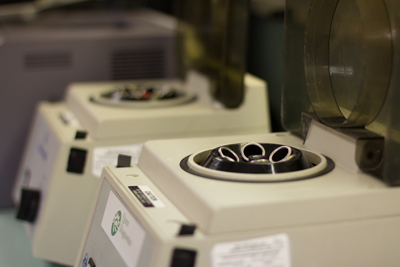
Laboratory
CVMG laboratory is CLIA-certified and is licensed by the State of California. Our technicians perform complex chemistry, coagulation, and hematology testing. Our draw-lab now features multiple rooms aimed to maximize your convenience and minimize your...
